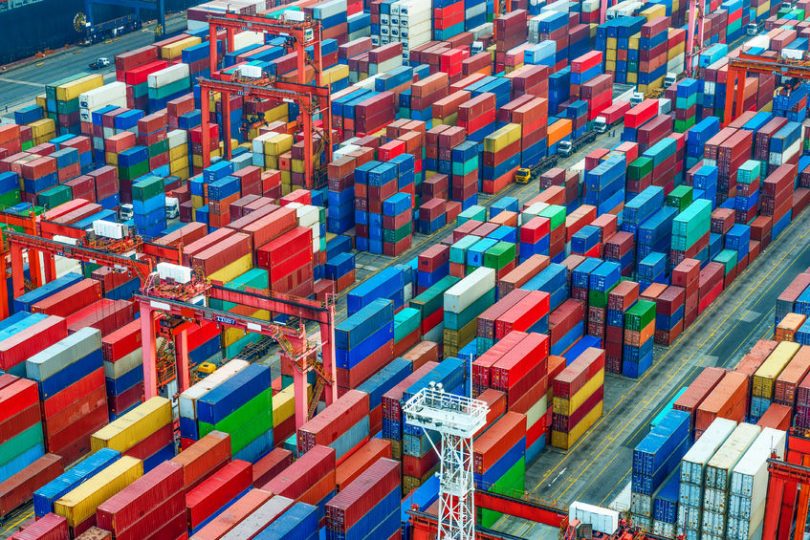Today, smart ports market research was released, predicting that blockchain will be the fastest-growing segment from 2019 to 2024. The 142-page report looks at ports which digitize processes using emerging technologies such as the Internet of Things (IoT), automation, Artificial Intelligence (AI), and blockchain from across the world.
The smart ports market is expected to more than triple in size over just five years. From the current estimate of $1.7 billion to $5.3 billion by 2024. Furthermore, the forecast states that blockchain will be the primary technology behind the growth.
Digitizing ports is no mean feat. As container firms ship millions of tons of cargo around the world, they are tracked, compliance checked, traded, and signed off for dispatch and arrival. The immense effort involved means that many ports are still using conventional paper-based methods.
However, today’s published market research predicts that the positive effect of new technologies will outweigh these negatives. It states that “Blockchain is the ideal technology for parties that have to collaborate but are also competitors… [It] enables control over the information as well as protects the privacy of the user.”
The report gives a breakdown of smart ports by technology, application, capacity, type, and region. Port infrastructure is said to be the most significant application and, perhaps unsurprisingly, Asia Pacific is projected to be the biggest player region-wise.
Indeed, six of the top ten container shipping firms are Asia Pacific based. Five of those have signed up to the blockchain consortium Global Shipping Business Network, which also includes Shanghai International Port and Singapore’s PSA International. PSA runs the Singapore Port and is a part-owner of the firm behind the government-backed trade blockchain, OTB. This year, PSA completed a pilot with IBM for digitizing shipping documents.
Despite the growth of smart ports in the Asia Pacific region, the report finds that a few players dominate the market. Namely, IBM along with Dutch-based Royal Haskoning, Swiss ABB, Trelleborg AB of Sweden, Abu Dhabi Ports, and the Port of Rotterdam, which recently completed a blockchain trade test.






